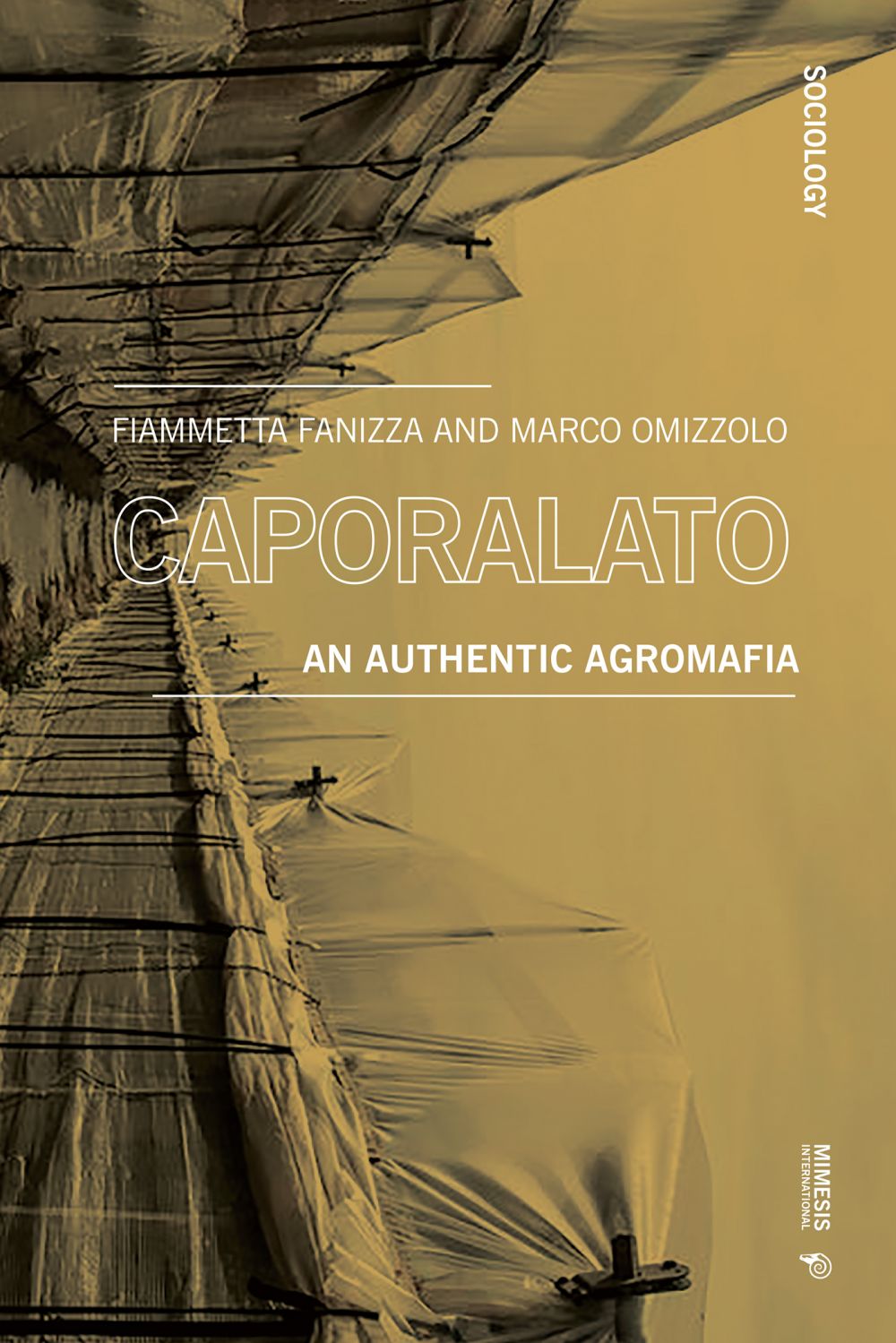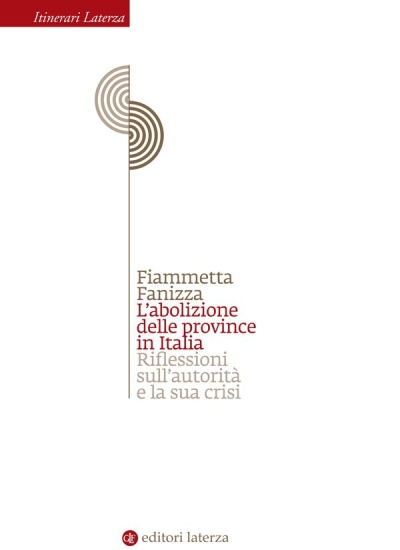Description
The essay investigates the effects produced by criminal networks involved in the production and harvest of agricultural products. Focused on the analysis of caporalato, it explores the enslavement of immigrant agricultural labourers and territorial segregation practices. Moreover, it deals with the topic of the agromafias’ role and discusses matters related to the deregulation of the agricultural market, as well as the general crisis of the agroindustries.
Because caporalato has become a methodological instrument in the framework known as globalization of the farmlands, this essay tries to evaluate the complex relationship between the agromafias’ power and the operational conditions of Italy’s local economies. The authors then explore elements of the extremely pervasive criminal network, that determines productive trends of entire agricultural departments, with the intention of denouncing the dangerous socio-cultural drift that mafia-like criminal organizations are creating in Europe.
Biographical notes
Fiammetta Fanizza works as a sociologist at the Department of Humanistic Studies, University of Foggia (Italy). One of her research interests is the public space with particular attention to local development and social engagement. Last year, she published The Sociological Imagination in the Horizon of Contemporary Society with Mimesis International.
Marco Omizzolo is a sociologist, scientific director of In Migrazione co-op, president of Tempi Moderni Research Center and Eurispes researcher. He’s also lecturer at the University of Venice “Ca’ Foscari” Venezia and the University of Pisa. His research focuses on Italian and foreign mafias in Italy, caporalato, agromafia and ecomafia; in his fieldwork he worked for several months as an undercover labourer in Italy and India. He collaborates with Amnesty International Italy, and in 2018 he has been honoured by the President of the Italian Republic for his commitment in the fight against agromafia and caporalato.








